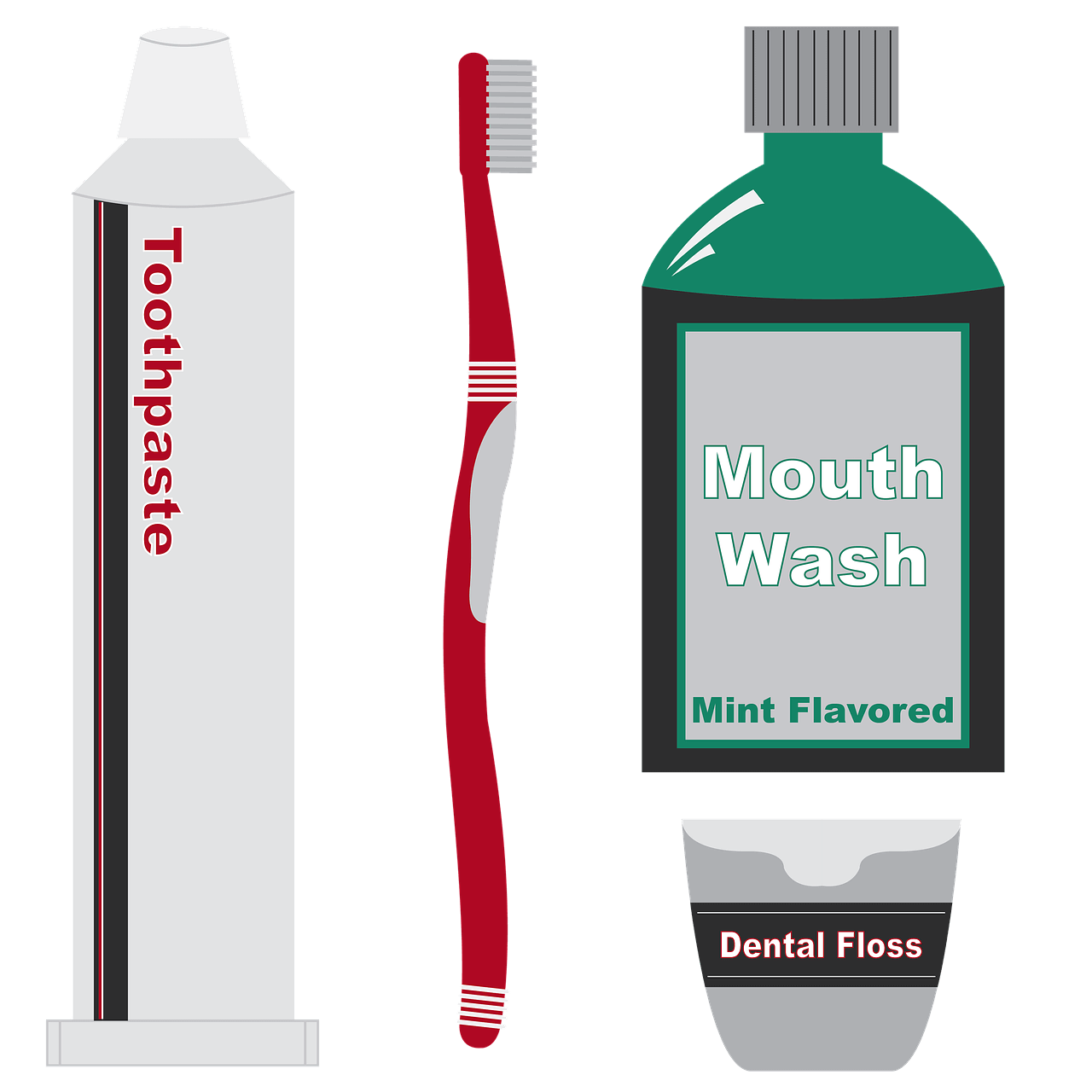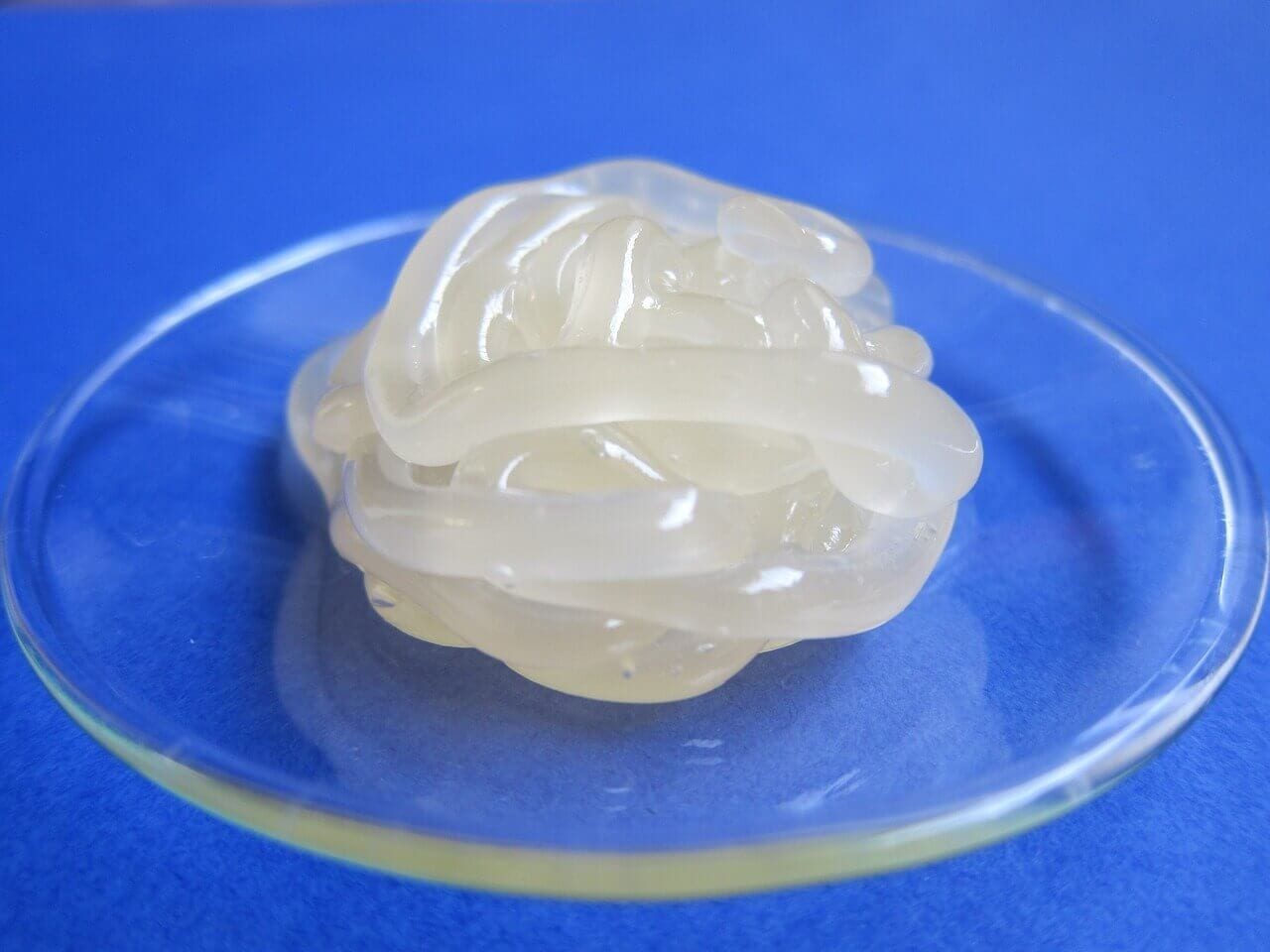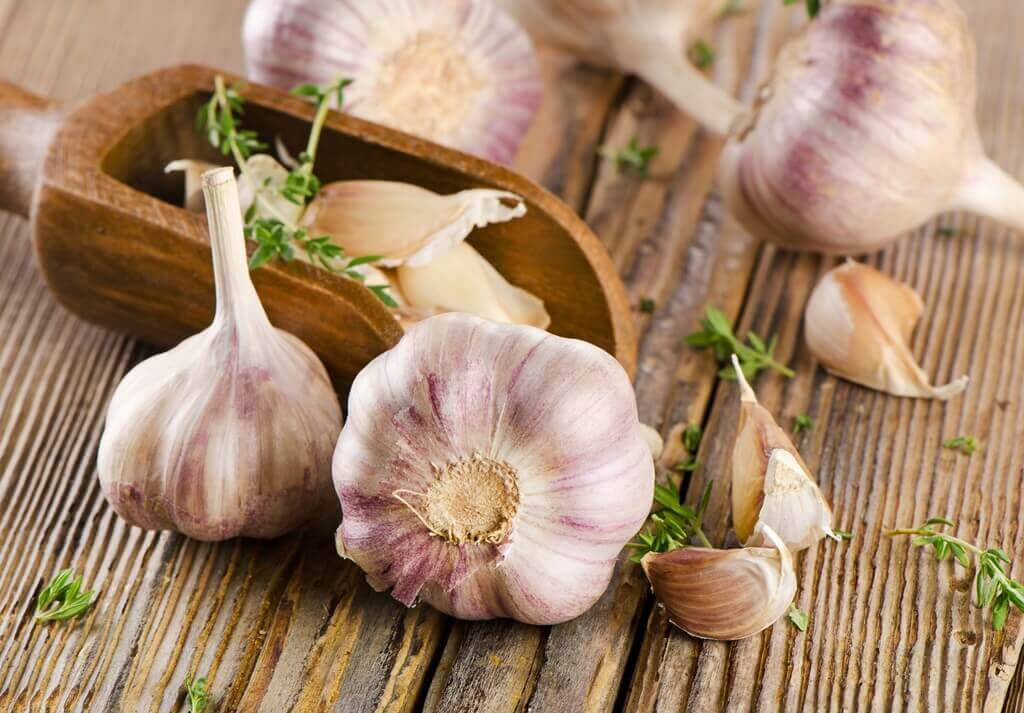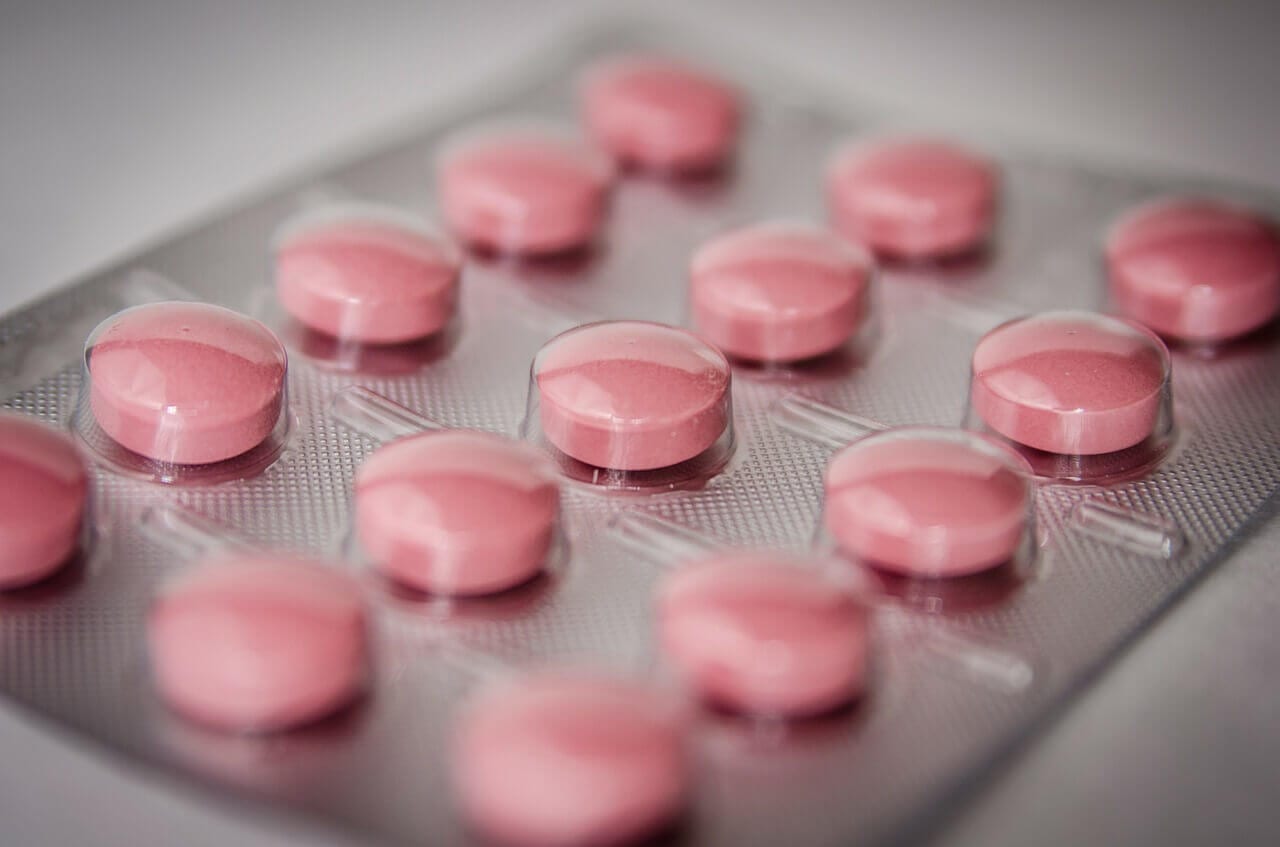We all know how a toothache can be really painful and annoying, and we also know that severe tooth pains mean it’s time to schedule a visit to the dentist.
However, there are always cases when an immediate visit to the dentist are not available. Probably it’s due to financial constraint, probably the dentist is simply not available until Tuesday and there are no other alternatives in your area. What can we do about the toothache in these cases?
Below, we will share some tips about home remedies you can do to reduce tooth pain. Remember, however, that they are only temporary measures, and you should try to schedule a dental appointment as soon as you can.
1.Treating toothache due to impact injuries
 If your toothache is caused by impact-related injuries (you got into a fight, fell down the stairs, a car accident, etc.), an ice pack on the cheek outside the painful tooth can help.
If your toothache is caused by impact-related injuries (you got into a fight, fell down the stairs, a car accident, etc.), an ice pack on the cheek outside the painful tooth can help.
Use a towel if you don’t have an ice pack to wrap the ice—remember not to apply ice directly on your skin—.
If your mouth is bleeding, rinse your mouth with a mild salt-water solution. You might want to check this article by webMD on various oral injuries and how to treat them. If necessary, you might want to go directly to the ER.
2. Rinse Your Mouth
 Mix a glass of warm water with half a teaspoon of table salt. Use this solution as a mouthwash (remember to spit it out, as drinking saltwater can lead to dehydration, among other issues).
Mix a glass of warm water with half a teaspoon of table salt. Use this solution as a mouthwash (remember to spit it out, as drinking saltwater can lead to dehydration, among other issues).
Salt water can effectively kill bacteria, and is a natural disinfectant. Rinsing your mouth might also help clean plaque, food debris and other particles that might be stuck on the surface or in between your teeth.
Simply rinsing your mouth with mild salt water can help remedy toothache albeit temporarily.
If you feel your gums are inflamed or if there’s any visible bleeding, a hydrogen peroxide solution might help instead. Nowadays, you can easily purchase hydrogen peroxide at your nearest pharmacies or even online.
Mix around 3 percent of hydrogen peroxide with water (in equal parts), and as before, use it as a mouthwash. Be very careful not to swallow it.
Hydrogen peroxide can effectively remove plaque and can also help heal the bleeding.
3. Warm and Cold Compress
 Above, we have briefly discussed how we should cold compress for injury-related toothache. Cold compress is generally effective to relieve pain due to trauma. However, in cases where swelling is present (for example,swelling due to tooth and gum infections), a warm, moist compress on your cheek or just outside the mouth can be more effective.
Above, we have briefly discussed how we should cold compress for injury-related toothache. Cold compress is generally effective to relieve pain due to trauma. However, in cases where swelling is present (for example,swelling due to tooth and gum infections), a warm, moist compress on your cheek or just outside the mouth can be more effective.
For severe swelling, you might also alternate between cold and warm compresses. Avoid using a compress that is too cold or too hot, as it can be counterproductive with your sensitive tooth.
4. Floss
 Flossing your teeth during a toothache might seem counterproductive, but it can be an effective way to remove any food debris between the teeth a common cause for pain when there’s an unhealthy tooth.
Flossing your teeth during a toothache might seem counterproductive, but it can be an effective way to remove any food debris between the teeth a common cause for pain when there’s an unhealthy tooth.
Do this gently, especially when there’s also a painful gum which might be a symptom for gum inflammation. Be extra careful not to bleed the gums during flossing.
5. Benzocaine ointment
 Over-the-counter ointment or gel containing benzocaine can be effective to temporarily relieve irritated tooth or gum. This ointment can be rubbed directly on the painful area. Alternatively, you can soak it on a piece of cotton and held it on the diseased tooth.
Over-the-counter ointment or gel containing benzocaine can be effective to temporarily relieve irritated tooth or gum. This ointment can be rubbed directly on the painful area. Alternatively, you can soak it on a piece of cotton and held it on the diseased tooth.
Benzocaine, however, can cause a rare but dangerous side effect called methemoglobinemia. It is wise to first consult your doctor or your dentist before using benzocaine antiseptic. Also, avoid using benzocaine on children under 2 years old.
Clove oil can also help to numb the gums and temporarily relieve pain. Apply clove oil onto a cotton and apply it directly on the painful area. Clove contains eugenol, which is an antiseptic that can help reduce inflammation.
6. Garlic
 Another solution you can try that you probably already have at home is garlic. Garlic is a natural antibacterial, and can help kill bacteria which is the major cause of toothache.
Another solution you can try that you probably already have at home is garlic. Garlic is a natural antibacterial, and can help kill bacteria which is the major cause of toothache.
Crush garlic until it becomes a soft paste, and then rub it directly on the painful tooth and/or gum. You can also chew a fresh garlic, but make sure to do it gently and slowly, not to further damage the tooth.
7. Over The Counter Medication
 Aspirin and Tylenol are the common choices, but you can use anything containing acetaminophen or ibuprofen. Generally, use Tylenol for your children. Avoid giving aspirin to anyone under 18. Also, don’t put these medications directly against the gums—even if it seems like a good idea—. Aspirin, especially, can burn your gums and cause additional pain.
Aspirin and Tylenol are the common choices, but you can use anything containing acetaminophen or ibuprofen. Generally, use Tylenol for your children. Avoid giving aspirin to anyone under 18. Also, don’t put these medications directly against the gums—even if it seems like a good idea—. Aspirin, especially, can burn your gums and cause additional pain.
Ibuprofen medications (like Avil and Motrin) are also effective in relieving toothaches, especially when inflammation is in place. Do not mix Ibuprofen with aspirin. Also, you should not mix ibuprofen with certain medications like blood thinners and lithium.
It is wise to ask your dentist or local doctors before you take any over the counter pain killers.
8. Peppermint Tea (in Bag)
 Peppermint tea bag is especially useful when there’s the case of bleeding gum. Use a moistened, slightly warm tea bag and apply slight pressure to the bleeding area for around 20 minutes. This can help control the bleeding and relieve pain.
Peppermint tea bag is especially useful when there’s the case of bleeding gum. Use a moistened, slightly warm tea bag and apply slight pressure to the bleeding area for around 20 minutes. This can help control the bleeding and relieve pain.
Peppermint can also help relieve sensitive tooth and gum, even when it’s not bleeding. You can also put the used tea bags in the freezer if you prefer it cold.
End Words
Remember that the home remedies we have shared above are just temporary means. You will need to immediately schedule an appointment to the dentist to resolve the root cause of the toothache. Left untreated, teeth damages and decays can lead to severe health issues, not limited to your oral health.
Contact dentist at Markham Stouffville Smile Centre immediately if you are experiencing severe tooth pain, and schedule a visit where our experienced dental specialists can resolve various periodontal health issues.
